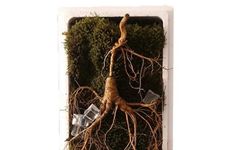Ginseng (Ren Shen) is a perennial herb that prefers shady environments. Its leaves lack stomata and palisade tissue, making it unable to retain moisture; temperatures above 32 degrees Celsius can scorch the leaves, with a density of 0.7-0.8. It typically flowers in three years and bears fruit in five to six years, with flowering occurring from May to June and fruiting from June to September. Ginseng is also known as Huang Shen (Yellow Ginseng), Di Jing (Earth Essence), Shen Cao (Divine Herb), and the King of Herbs, and is one of the renowned “Three Treasures of Northeast China”.
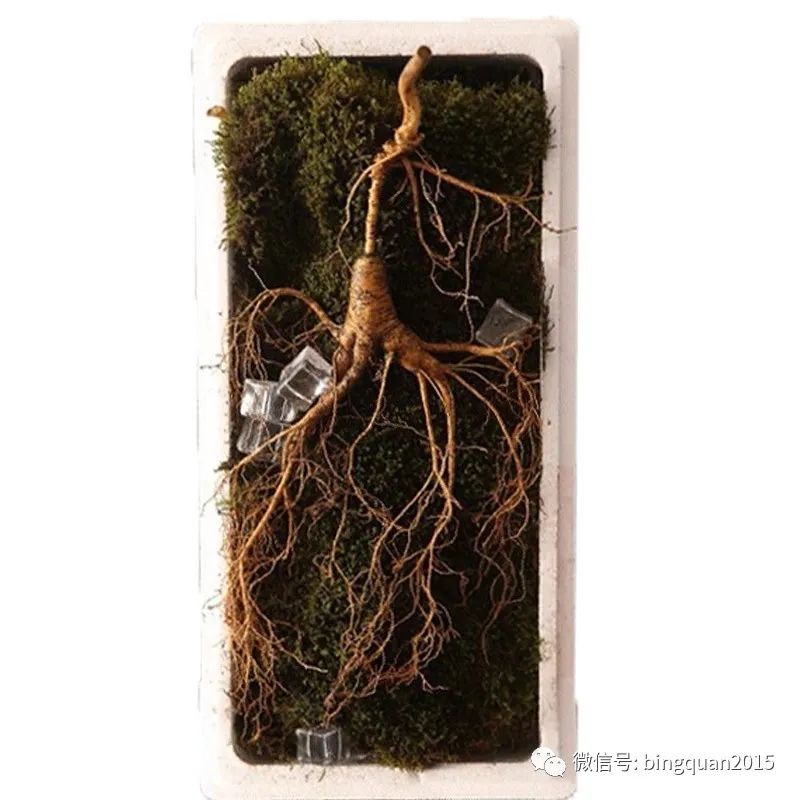
Ginseng Production Areas
(1) Wild Ginseng: Rarely found, primarily in the Changbai Mountain area and occasionally in the Lesser Khingan Mountains. It is seldom found in North Korea and the Russian Far East.
(2) Forest Ginseng and Garden Ginseng: Mainly produced in Jilin, China; also found in Huanren, Xinbin, Fengcheng, Tieling, and Fushun in Liaoning; and in Tieli, Yichun, Dongning, and Mudanjiang in Heilongjiang.
Ginseng has a sweet and slightly bitter taste, with a warm nature. It enters the Lung, Spleen, Heart, and Kidney meridians. It greatly tonifies Yuan Qi (Original Qi), strengthens the Spleen, nourishes Lung Qi, generates fluids to quench thirst, calms the mind, enhances intelligence, tonifies Qi and blood, and supports Kidney Yang. It is indicated for conditions such as Qi deficiency leading to collapse, weak pulse, fatigue, poor appetite, vomiting, diarrhea, shortness of breath, cough, and wheezing; excessive sweating, Qi deficiency with fluid damage leading to thirst, insomnia with vivid dreams, palpitations, and forgetfulness; blood deficiency with sallow complexion, Kidney deficiency with impotence, and various conditions of insufficient Qi, blood, and fluids.
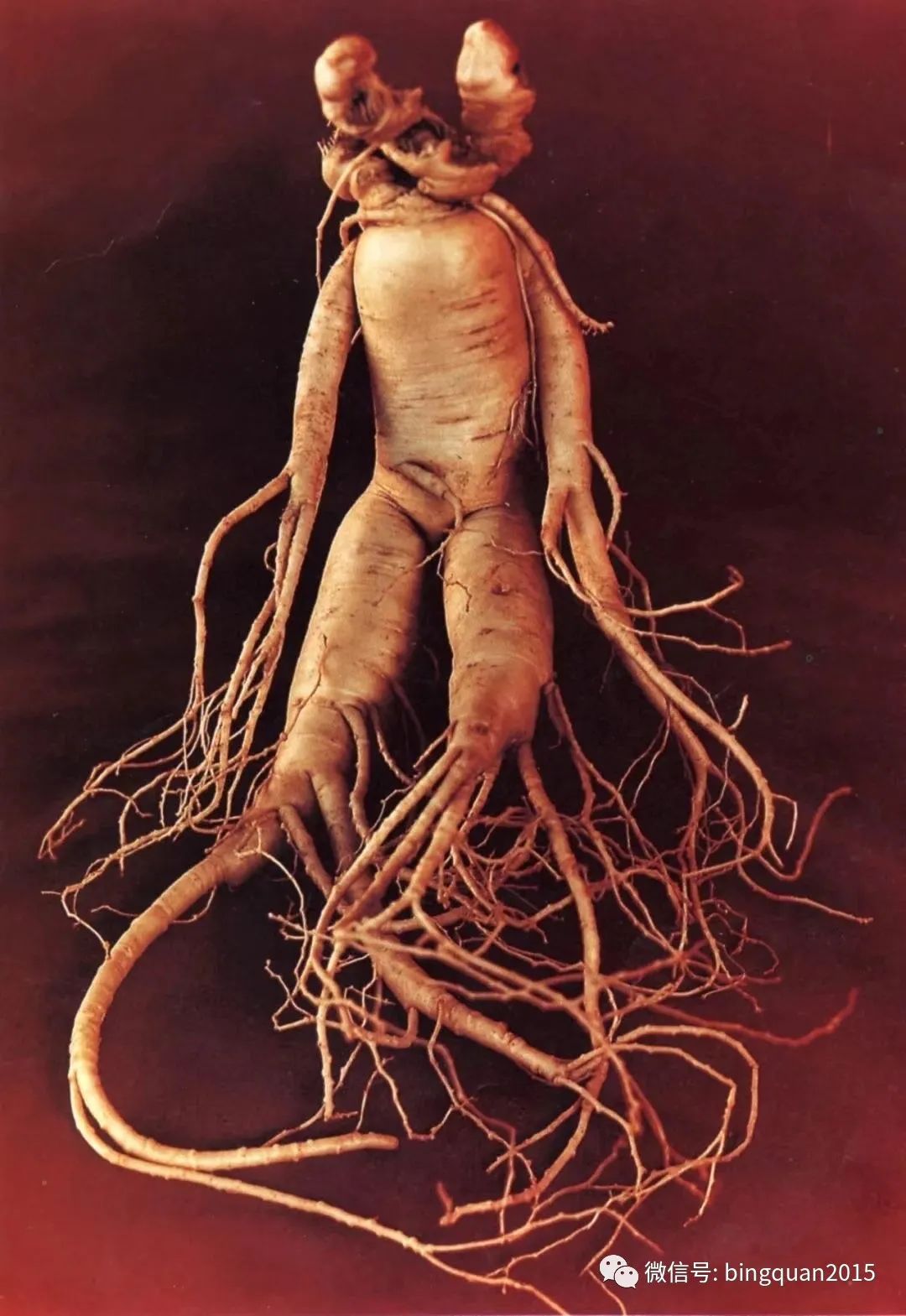
01
Effects and Functions of Ginseng
Ginseng can regulate female physiological functions, balance the endocrine system, enhance female functions, delay aging, and provide beauty benefits. It also has Qi and blood tonifying effects, significantly benefiting elderly individuals prone to anemia. Traditional Chinese Medicine (TCM) believes that blood is generated from Qi, thus Ginseng tonifies both Qi and blood, and ancient medical texts state that Ginseng can treat all deficiency syndromes.
Ginseng can regulate the human nervous system, making it suitable for mental laborers to relieve brain fatigue. It promotes blood oxygen levels, strengthens heart rate, and enhances blood flow, ensuring the brain is well-supplied with blood and oxygen, maximizing the potential of brain cells and improving the depth and activity of thought.
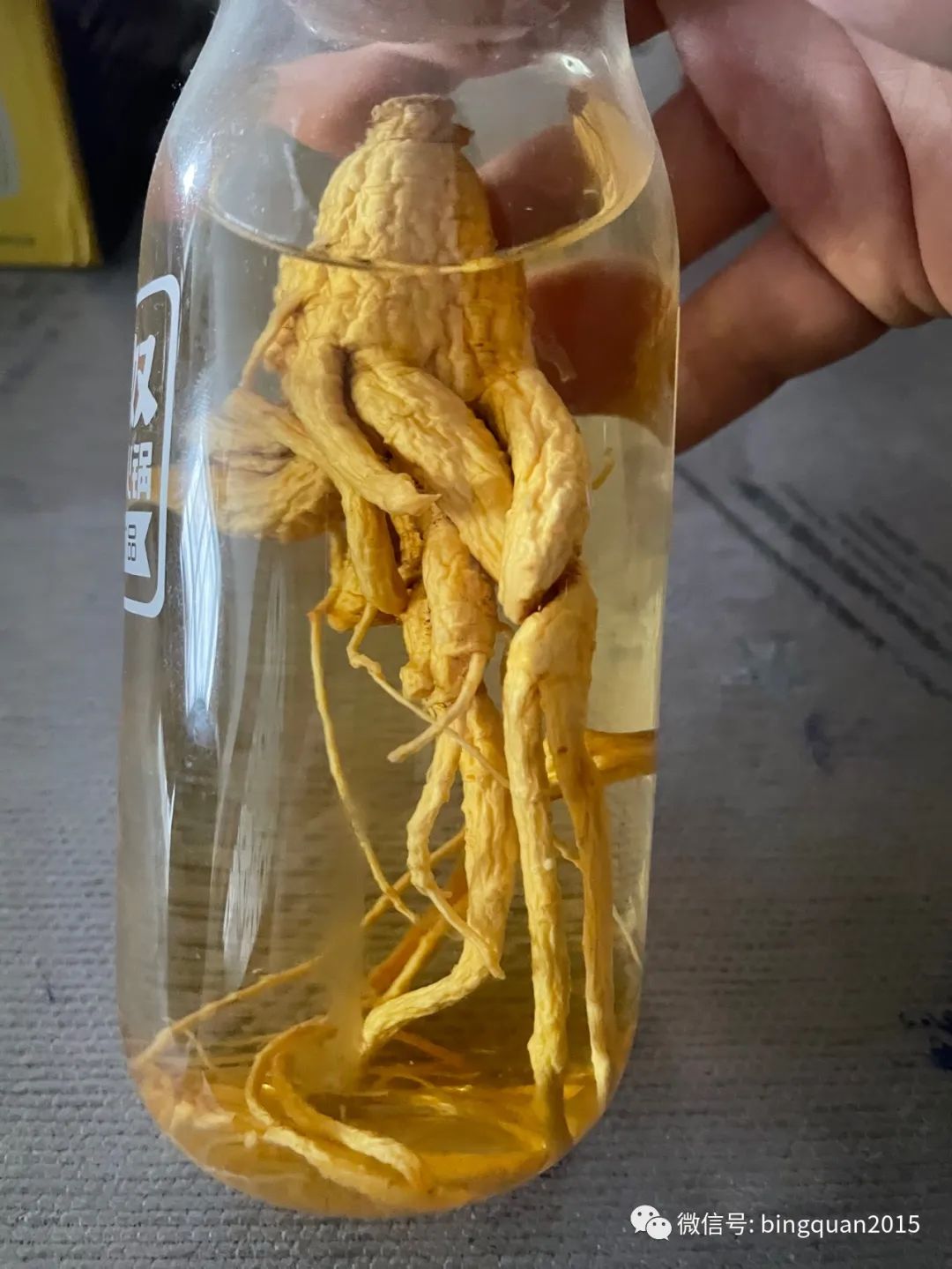
Consuming Ginseng for Quick Recovery from These Ten Health Issues
Insomnia Relief: Ginseng acts like a lullaby, helping one fall asleep quickly and sleep soundly, without side effects.
Effective for Cough and Wheezing: Chronic bronchitis, cough with phlegm, is considered a condition of Kidney Qi and Kidney Yang deficiency in TCM!
Ginseng tonifies Yuan Qi and Kidney Yang! For cough and wheezing, within about a week, symptoms will lessen, and phlegm will decrease; continuous use for three months will gradually alleviate the condition until recovery. It can restore lung and bronchial function and clear lung debris.
Heart and Brain Protector: It is crucial to have Ginseng soup readily available for elderly individuals living alone, as it significantly reduces the incidence of cardiovascular diseases. Of course, Ginseng soup must be made with mountain ginseng or wild ginseng.
Rejuvenating Medicine for Kidney Deficiency: Wild ginseng is known as the best Qi tonic! It greatly replenishes Yuan Qi, effectively addressing symptoms like frequent urination, nocturia, and impotence!
Hepatic Disease Antagonist: Ginseng has a remarkable effect in preventing liver fibrosis.
Anti-Tumor Properties: Ginseng’s ability to engulf tumor cells is four times that of selenium and can significantly enhance the adhesion of red blood cells to tumor cells, inhibiting tumor growth and metastasis.
Support During Chemotherapy: Ginsenosides can significantly increase white blood cell and platelet counts, rapidly improving symptoms such as nausea, poor appetite, hair loss, and insomnia after chemotherapy; it can be considered a lifeline during difficult times. Long-term use can prevent tumor recurrence.
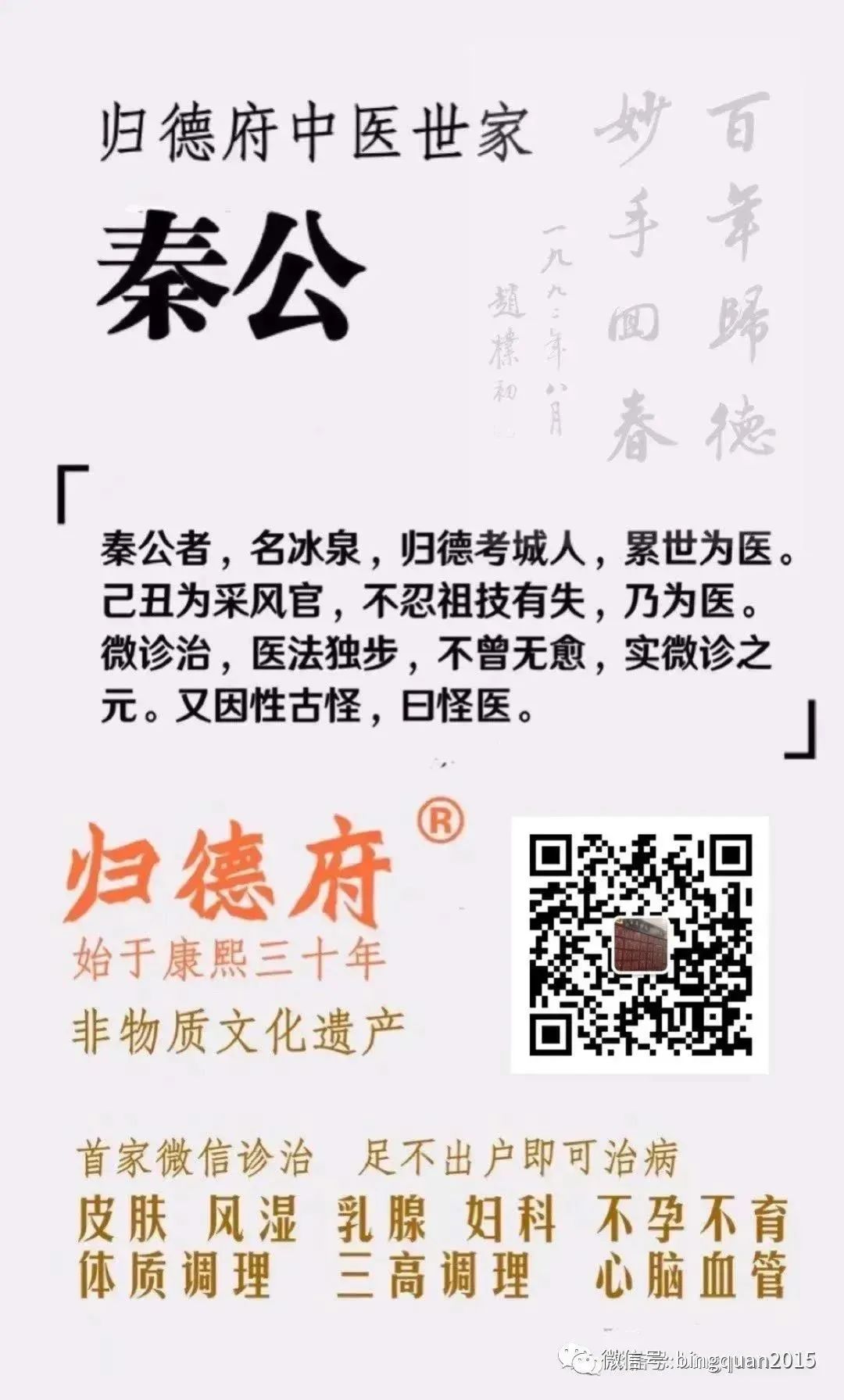
Top Choice for Those with Weak Immunity, Post-Surgery, or Postpartum: Individuals with weak immunity or frequent illnesses will feel rejuvenated after consuming wild ginseng for 2-3 months; they will become strong and energetic.
Eliminating Diabetes Complications: Ginsenosides are known as “blood cleaners,” purifying the blood and restoring vascular elasticity, fundamentally preventing diabetes complications.

Gynecological Issues Solution: Ginseng balances Yin and Yang, strengthens the foundation, and is effective for women suffering from dysmenorrhea, irregular menstruation, dark blood, vaginitis, endometritis, and uterine fibroids, and can delay menopause.
Kidney Issues Often Stem from Insufficient Yuan Qi
Many kidney issues are due to insufficient Yuan Qi, and one of the benefits of consuming ginseng is that it can replenish our body’s Yuan Qi.
Many elderly individuals often have health issues, so we can buy some ginseng for them, which can be beneficial for their health, but remember not to consume it in excess.
The innate Qi is only the initial, original essence received from parents, which can be called “Yuan Qi”.
Whether it is the effect of ginseng in greatly tonifying Yuan Qi and replenishing Kidney essence, or its influence on the human nervous system, or its strengthening of the body, it improves and promotes the normal physiological functions of both sexes. Thus, it delays aging, maintains youthfulness, and prolongs life.
02
Contraindications and Side Effects of Ginseng
Using ginseng for supplementation depends on whether it is appropriate for the condition, how it is used, the dosage, and the duration of use. It should be based on the principles of TCM differentiation and treatment, used according to individual conditions and symptoms, and should never be abused. As the famous Qing Dynasty physician Xu Lingtai stated in “Bai Zhong Lu: On Ginseng”: “Ginseng excels in tonifying deficiency but is less effective in attacking diseases. Physicians should not use ginseng for patients whose conditions are unclear, whether they are recovering or weak, or for wealthy individuals, as this is overly cautious and may lead to misdiagnosis. If a patient uses ginseng without knowing their condition has not improved, it not only fails to replenish Yuan Qi but may also solidify the root of the disease, rendering other treatments ineffective and prolonging recovery. Therefore, when using ginseng for nourishment, the following principles should be observed:
First, it is not advisable to take ginseng at the onset of a cold or flu.
Second, if there is dampness obstructing the body, or if food stagnation leads to poor appetite, accompanied by chest and abdominal distension, diarrhea, and a thick, greasy tongue coating, ginseng should not be taken.
Third, if there is excessive liver fire, heart fire, or lung fire, often manifested as dizziness, irritability, flushed face, red eyes, constipation, yellowish urine, red tongue, and yellow greasy tongue coating, ginseng should not be taken.
Fourth, when taking ginseng and its preparations, avoid eating radishes, drinking strong tea, and be cautious of alcoholic beverages or spicy foods. It should not be taken with coffee or antipsychotic medications. Avoid using traditional Chinese medicines containing Lai Fu Zi (Radish Seed) or Gu Ya (Barley Sprout).
Fifth, patients currently receiving anticoagulants, cardiac glycosides, sedatives, and steroid medications should not take ginseng preparations.
Sixth, healthy individuals under 40, those with abundant energy, easily excited, under mental stress, hysterical, manic, or suffering from schizophrenia should not take ginseng, nor should patients with acute conditions, fever, acute coronary thrombosis, or bleeding symptoms.
Seventh, children and pregnant women should avoid using ginseng.
Eighth, ginseng is incompatible with Wu Ling Zhi (Flying Squirrel Feces) and Fan Li Lu (Rhubarb), and should be avoided when using these two substances to prevent adverse reactions.
Ninth, avoid using iron utensils.

